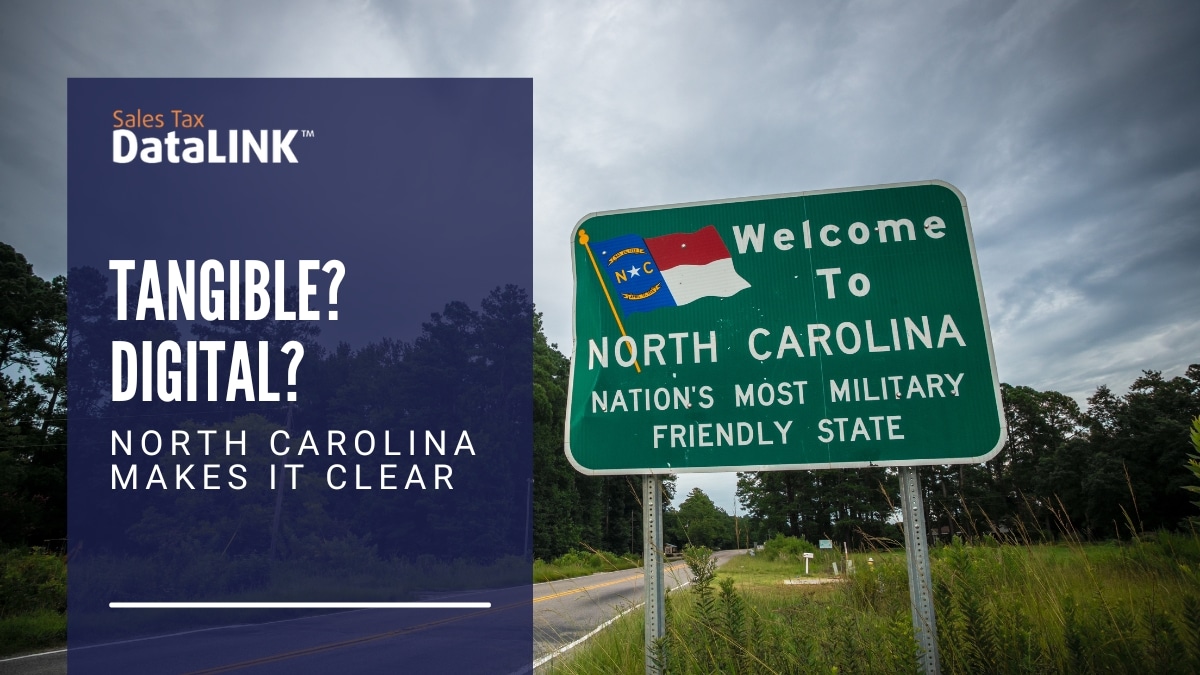Sales tax compliance is complicated — and sometimes it’s a matter of definition. For example, bags of Twix bars sold in the cookie aisle in some states are not considered candy, while the same Twix bars sold individually with candy bars at the register are candy for tax purposes. In states where cookies and candy are taxed at different rates, this can be a headache.
The Streamlined Sales Tax (SST) definition of candy says that it does not contain any flour. Twix bars are not candy. Licorice contains flour, so even though all normal definitions of licorice ropes call them candy, they won’t be candy for tax purposes in SST states.
Or what about digital products? In many states, only tangible products are taxable. Build a website for a customer in Colorado and you don’t have to collect sales tax — unless you hand him or her a zip drive containing the files, at which point it becomes taxable.
That seemed simple enough when most purchases were tangible goods. Now that we read, watch, dance to, and otherwise consume as much digital goods as tangible goods, it represents a real loss in revenue for states. North Carolina tried to solve the problem by saying digital things would be taxed if they “would be taxable … if sold in a tangible medium”. The sales tax compliance question very quickly got complicated by the question of whether very new things would even exist in a tangible medium. If you download distance learning materials that go with a textbook, for example, North Carolina decided that they couldn’t be taxed. They aren’t sold in a tangible form, after all.
North Carolina simplified things recently by removing that phrase from the law. Nobody needs to try to imagine what digital products would be like in a tangible form, in order to determine whether they would be taxable.
North Carolina also determined that automated car washes with no human services are not taxable. Is this because they are digital goods delivered by robots? Fortunately, we don’t have to figure that out.
What’s more, the fees for a conference or workshop that is primarily educational, even if it is also entertaining, will be exempt.
All this clarification is necessary because North Carolina wants to set the threshold for remote sellers according to the total sales of “tangible personal property, certain digital property, or a service unless the context requires otherwise.” The context evidently includes whether or not the service is automated, but not whether it is entertaining.
Without clear definitions of “digital property” and “context,” the new North Carolina remote seller tax law would be confusing.
Some states have set their thresholds to include both taxable and non-taxable goods and both retail and wholesale transactions. North Carolina is trying to be clear.
Sales tax compliance is still complicated, though. Our software can make it work for you. Call for immediate answers to your sales tax concerns.




